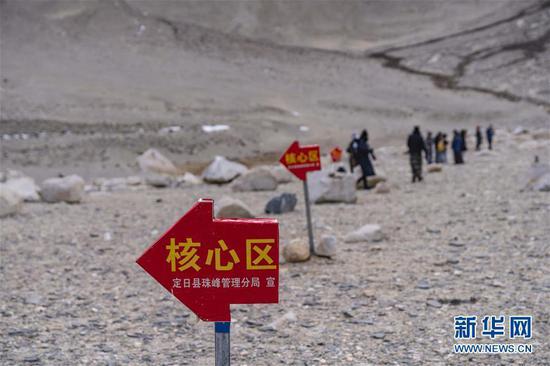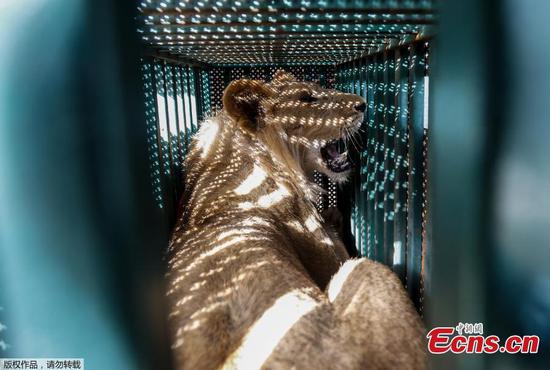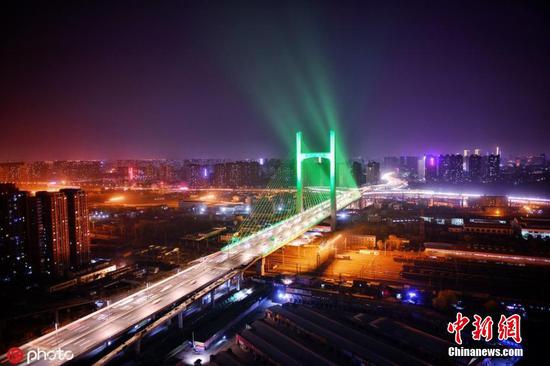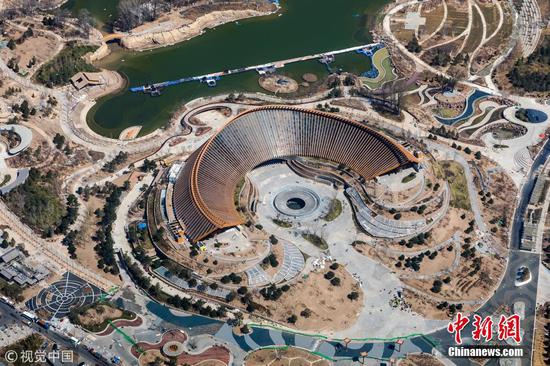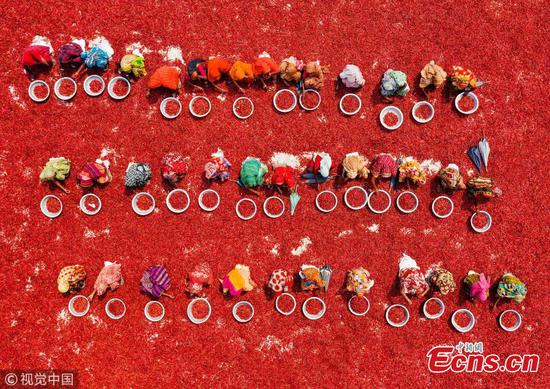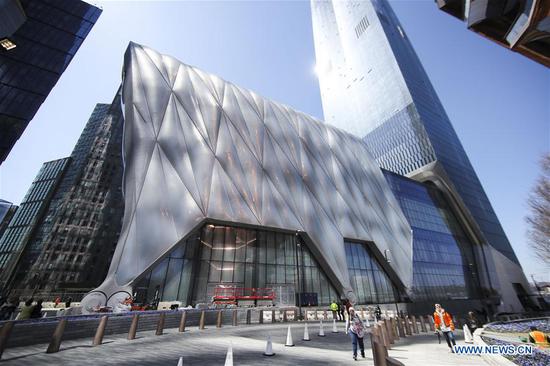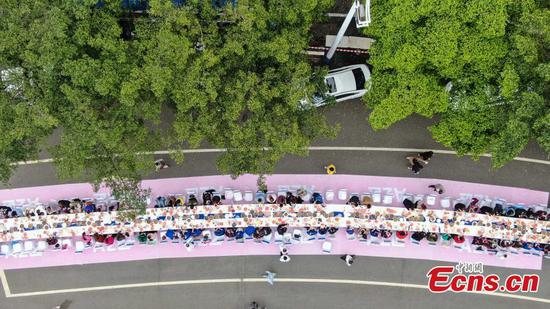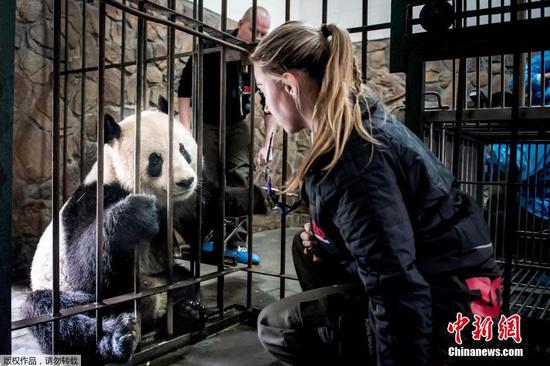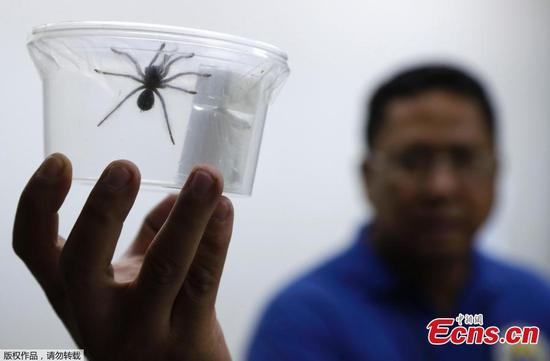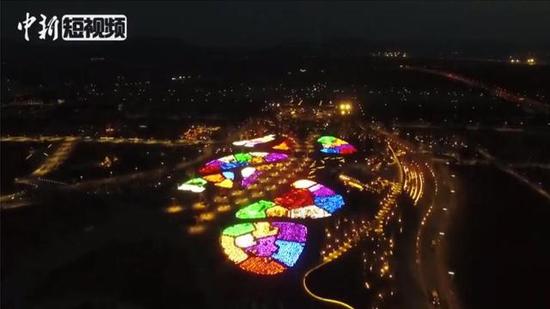China, long haunted with a garbage headache, resorted to the Internet to get its people engaged in the protracted war against trash, as the country moves toward "Beautiful China" by 2035.
By challenging people to post before pictures of areas in need of cleaning or maintenance and after pictures when they have the work done, the viral trend "Trashtag Challenge" on social media, sweeping at home and abroad, has successfully motivated Chinese citizens to pick up trash along city streets, highways, mountains and seas.
"The area around our factory canteen has long been left heaped in garbage and as the days grow hotter, it starts to smell. So we made up our mind to take up the trashtag challenge," posted a netizen.
The clean-up was also video recorded. In the video, a total of nine people collected 37 bags of garbage in three hours on March 20.
The challenge trend allows participants to not only gain a fulfilling experience but also profoundly understand the hard work of sanitation workers, so as to further reflect on how to preserve the environment fundamentally.
JUICE GARBAGE DISPOSAL UP
The "Trashtag Challenge" is not the Internet's first shot at dealing with garbage. The online recycling platform "Bianli Xia," which in Chinese means hero who offers convenience, provides urbanites with a quick fix.
With a few clicks on the phone, residents can make appointments to get the recyclables sorted out from their household waste collected and be rewarded with daily necessities, such as laundry detergent and hand cream.
"All I need to do is to take a picture of the trash and send out a pickup request, then the staff will come to collect them," said a resident surnamed Cui in the city of Hefei, capital of eastern China's Anhui Province.
A total of 4.8 kg of packaging waste generated from Cui's Spring Festival online shopping was collected and recycled.
Earlier this year, Hefei partnered with Alipay, China's leading online payment platform, to promote the garbage disposal platform, which also answers the country's call for reducing over-packaging.
According to Alipay, a dozen cities in the Yangtze River Delta area including Shanghai, Hangzhou, Nanjing and Hefei have become active members of the garbage disposal platform, covering more than 30,000 urban communities and more than 100,000 residents.
TANGIBLE REWARDS FROM CLEANUP
Young urbanites prefer to exchange recyclables for credit scores on the Alipay app and turn the virtual number into real forests via the public welfare activity "Ant Forest."
The nonprofit project, undertaken by Ant Financial, See Foundation and China Green Foundation since 2016, rewards low-carbon acts including garbage recycling with "energy" that is used to "water" virtual trees on their mobile phones. When a virtual tree grows up, the organizers will plant a real tree in China's northwest deserts.
The online garbage disposal solutions have not only made the sorting process easier but also spiced up the recycling end, said Li Dayong, director of the environment and sanitation management office, Hefei Urban Administrative Bureau.
With about 829 million mobile phone netizens at the end of 2018, the country still sees huge potential in incorporating the online world with greener efforts.










